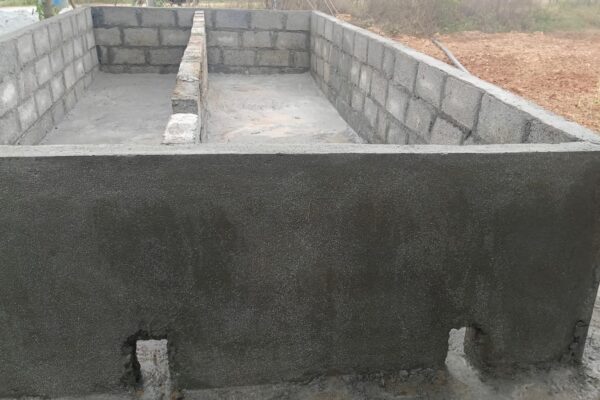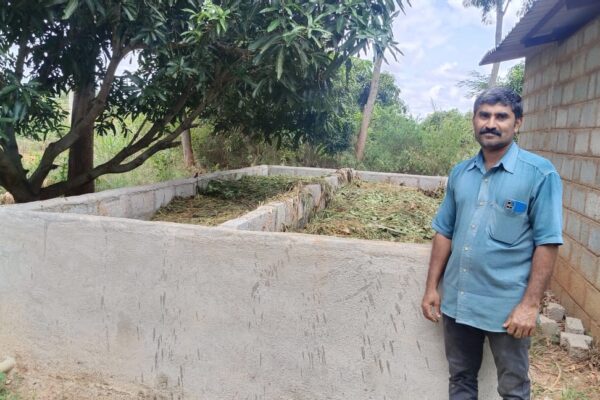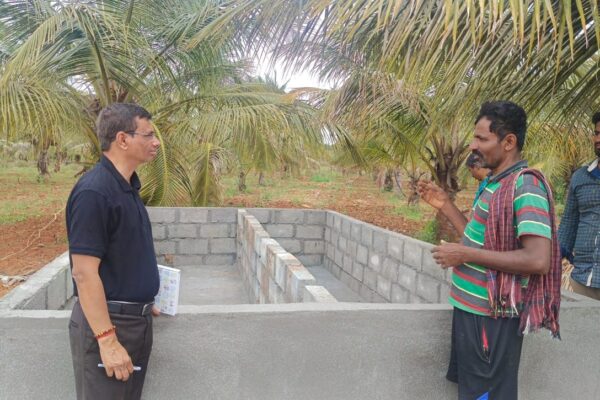The Green Revolution in India introduced concentrated forms of inorganic fertilizers, hybrid seeds, and other agricultural inputs to enhance productivity. While productivity increased significantly, the quality of products has deteriorated due to pesticide residues. The growing global demand for low or pesticide-free produce has led to an increased focus on organic farming worldwide. For organic farming to be economically viable, it is crucial to prepare the necessary inputs on the farm. Currently, farmers rely on farmyard manure (FYM). However, due to the scarcity of FYM, farmers resort to traditional methods of production, resulting in lower nutrient content and contamination with weed seeds. Therefore, vermicompost can be an excellent alternative to organic farming as it provides more nutrient content compared to FYM.

The COVID-19 pandemic presented challenging circumstances during the cultivation period of Fairtrade crops, as farmers and labourers were unable to access the fields for land preparation. Consequently, there has been a significant impact on production, leading to a reduction in overall output. Additionally, the Fairtrade premium accumulated by Hemavathi Agro Producers Company Ltd. was primarily utilized for certification fees and other activities. Hence, additional funding was required by the Small Producer Organization to initiate vermicomposting.
COVID-19 resilience funding by Fairtrade International was introduced for assisting Small Producer Organizations (SPOs) in making them resilient. Considering the need for vermicomposting, a local vendor was hired to develop 16 vermicomposting units across the SPOs’ locations. This project has directly benefited 16 organic farming members and their families through the establishment of vermicompost units. In addition, more than 700 members were indirectly impacted. The vermicompost produced out of these units will be utilized for fairtrade organic crop cultivation. Around 5-6 MT of vermicompost is produced from each unit which helps in better growth and development of crops and thus reduces the dependency on external inputs.
The COVID-19 resilience funding has played a crucial role in supporting small producer organizations like Hemavathi Agro Producers Company Ltd. During the challenging times of the pandemic, this funding has enabled them to overcome obstacles and continue their efforts in promoting organic cultivation. This demonstrates the significant impact that targeted funding and support can have on fostering sustainable agricultural practices and ensuring the well-being of farming communities. Through such initiatives, we can pave the way for a more resilient, eco-friendly, and prosperous agricultural future.
Testimony:
“Earlier, we were not utilizing the farm waste properly. After the vermicompost unit is established, we are using the entire farm waste to prepare vermicompost. Nothing is wasted on our farm. We can produce 5-6 MT of Vermicompost every 6 months and apply it to Fairtrade crops. Vermi wash which is collected during the production of vermicompost is applied to the crops as a nutrient supplement.” – Mr. Lokesh, one of the beneficiaries.








